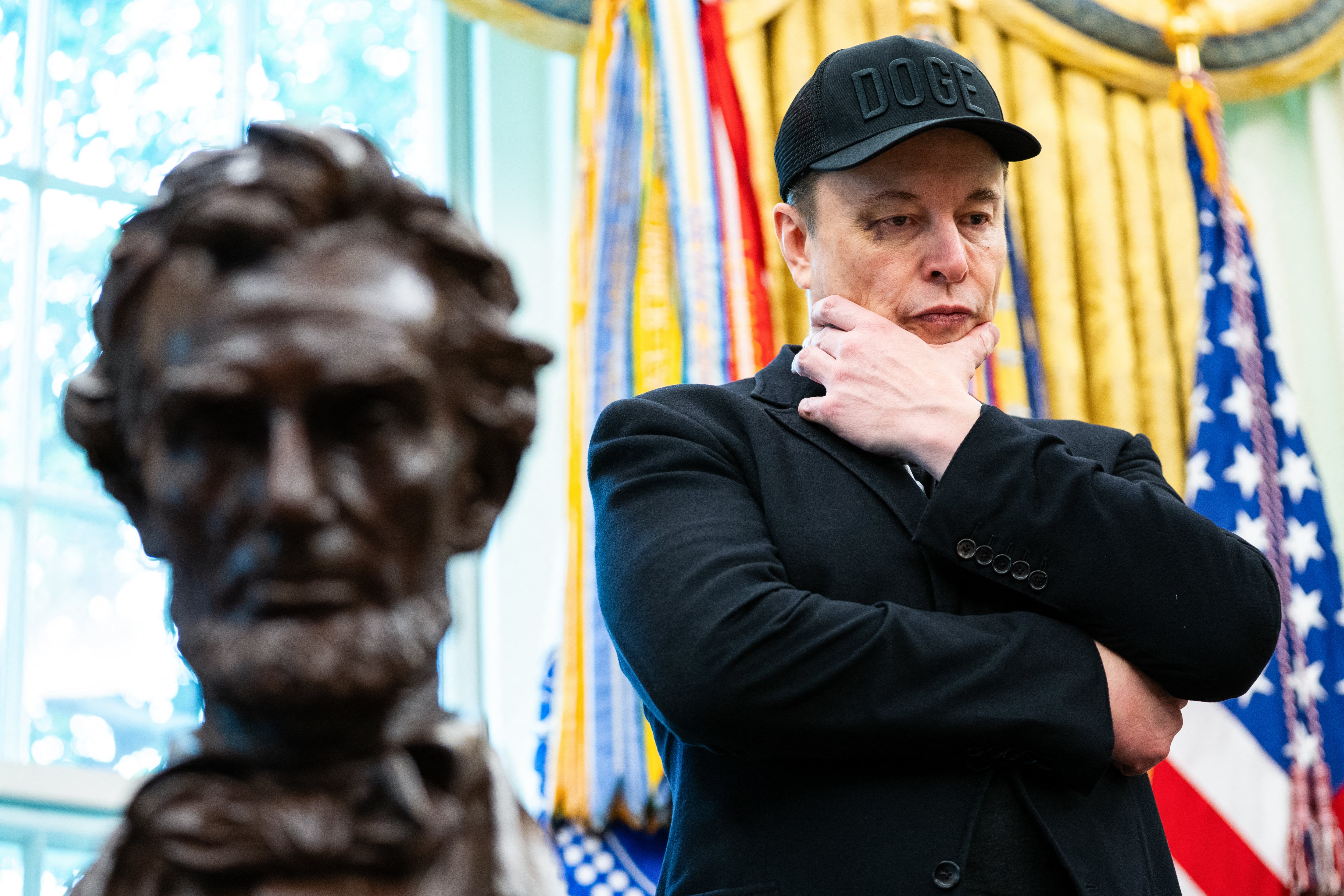As retail spaces begin to reopen following coronavirus-related closures, those that had been nimble enough to pivot to curbside pickup and e-commerce are poised to rebuild rapidly and when the physical doors swing open to welcome customers, retailers would be wise to make safety and cleanliness a top priority, said Rob Almond, CEO of integrated facilities management company NEST.
From managing social distancing inside a store to constant cleaning and even removing items that have been tried on or touched, like clothing, the NEST CEO says his clients are going to great lengths in order to assuage customer concerns.
"They're almost to the point of exhausting what they need to do to make that consumer feel safe," said Almond, whose company works with brands like Five Below, Lilly Pulitzer, and JOANN.
"We're talking to customers right now that maybe never have considered a janitorial program in the past, and now it's top of mind with them," he said. "I think the other thing that's really building confidence, simple as it might seem, is signage, telling the consumer, telling the employee, what we're doing to make you feel safe."
NEST's clients saw a spike in volume over Memorial Day weekend, said Almond, showing that people really want to shop after weeks, if not months, of stay-at-home orders. Since that holiday weekend, he said that retailers were reporting sales that have exceeded expectations.
"From what we're seeing from our clients, it's rebounding quicker than they expected," Almond said. "I think it's very important to emphasize that the retailers that we're dealing with at NEST are taking all the necessary precautions to make the consumer feel safe. There's still a big perception out there 'Is it safe for me to walk back in the store?'"
It's not just customers who need to be comfortable. Almond also noted employees in retail locations need to feel secure as well. It's important that workers are confident that their employer "is doing the right things to keep the retail environment, the store environment safe and clean," he said.
While financially, NEST has seen signs that reopenings are helping to get businesses back on track, they may be also contributing to an alarming increase in coronavirus cases and hospitalizations. Surges in states that were quick to lift restrictions, such as Texas and Arizona, have led to concerns that the second wave of outbreaks might be underway.
Almond says it is important that the public work on preventing a COVID-19 resurgence. "The biggest and most important message that we have to get to the consumer, to the employee, to society in general, is that if you don't feel good, stay at home."
"It's a big history lesson, right? This is going to be something we're going to be talking about for decades, centuries, about what went down."








